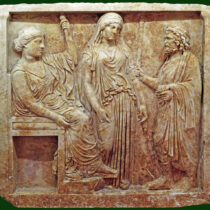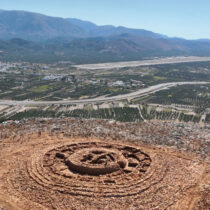The love of one’ s own country, the obligations of the civilian and soldier towards it, as well as the knowledge of its historic past, are the main axes on which each state invests ideologically in order to justify its existance in the consciousness of its citizens. In the pursuit of creation and reinforcement of the national identity and consciousness childhood attracts the most attention. The education of each new generation of citizens according to the ethnic ideals and the lessons of the glorious past is the first important step towards the creation of an ethnic identity. Consequently, children are conceived as the future generation of civilians and soldiers and childhood is defined as the age category,where proper education makes the child aware aware of its presence and obligations in the specific place and time, to keep alive the memories from the past and to fight for the realization of the national visions. The procedure of developing a national identity and the attention paid to it are closely connected with the social, political and ideological circumstances prevailing in a country during a certain period. In Greece, the first decades of the twentieth century display such circumstances, which set the problem of national identity as a focal point of political, social and ideological interest.
The formation of the national identity
06 Aug 2012
by Archaeology Newsroom
- A
- A
- A


